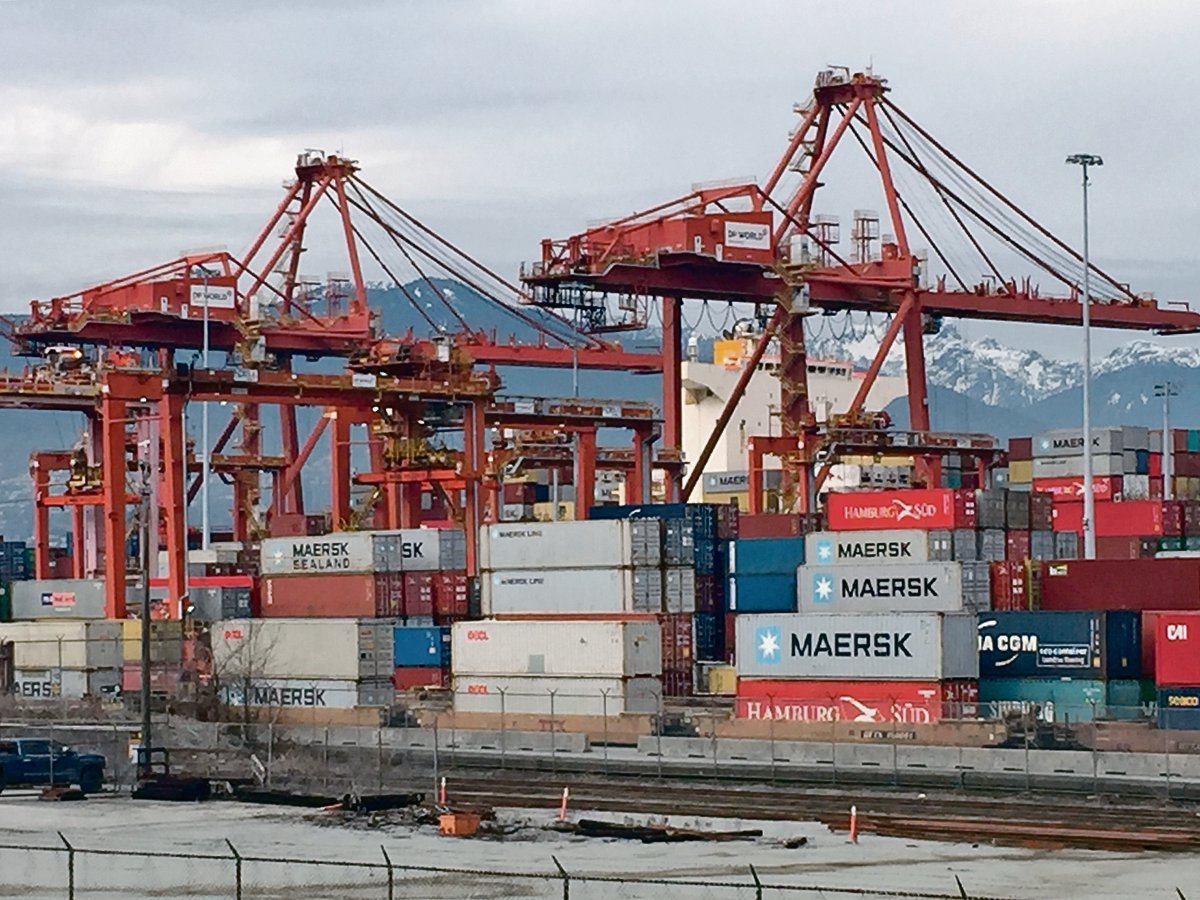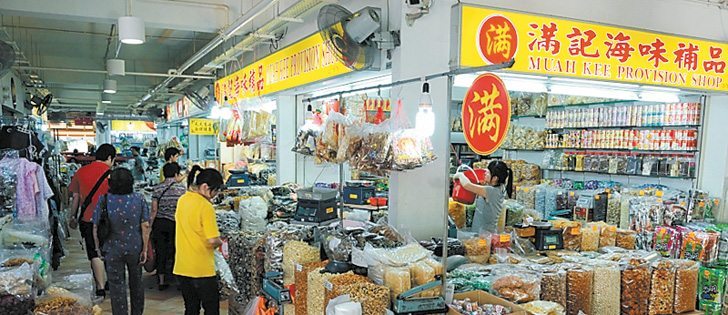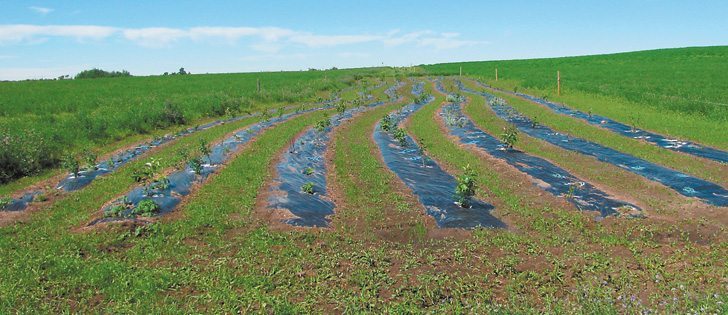Which futures and options contracts should prairie farmers use to hedge spring wheat crops: Chicago, Kansas City, Minneapolis or Winnipeg?
Those are the four choices prairie farmers now have, and representatives of three of the four exchanges were in Winnipeg for Grainworld to make their cases for why farmers should use theirs in the post-monopoly marketing environment.
“There is a tradeoff between basis specificity and liquidity. We are the liquid contract,” said Tim Andriesen, manager of agricultural commodity products at the CME Group, which owns the Chicago futures and options contracts.
Read Also

Message to provincial agriculture ministers: focus on international trade
International trade stakeholders said securing markets in the face of increasing protectionism should be the key priority for Canada’s agriculture ministers.
With that comment, Andriesen summed up the main criticism of the Chicago contract and its greatest strength: the underlying crop it is based upon is soft red winter wheat sold into different markets and delivered to different places than prairie spring wheat.
However, trading the contracts is easy because of the liquidity that washes through the Chicago markets.
Joe Victor, the business development specialist of the Minneapolis Grain Exchange, defended his exchange’s lower trading volume, and focused on the contract’s tight connection to the type of wheat and markets on which prairie farmers rely.
“Liquidity, I don’t think we have a problem with it,” said Victor with understatement, after showing trading statistics with record volumes occurring last year.
When it comes to comparing Canadian spring wheat and its markets and delivery zones to the U.S. crop Minneapolis is based upon, Victor said the values closely match.
Brad Vannan, president of ICE Futures Canada’s Winnipeg exchange, admitted there was almost no trading in his new futures and options contracts, but said the new crop year is still far away.
“It’ll come,” said Vannan, who highlighted his contract’s near-perfect match of underlying crop and delivery zones to the real world that farmers on the Prairies operate in.
And having a contract traded in Canadian dollars will be a key advantage for Winnipeg, Vannan said, because farmers don’t want to take on foreign exchange risk when they hedge their crops.
The Kansas City Board of Trade, which carries the Hard Red Winter wheat contract, was not present.















